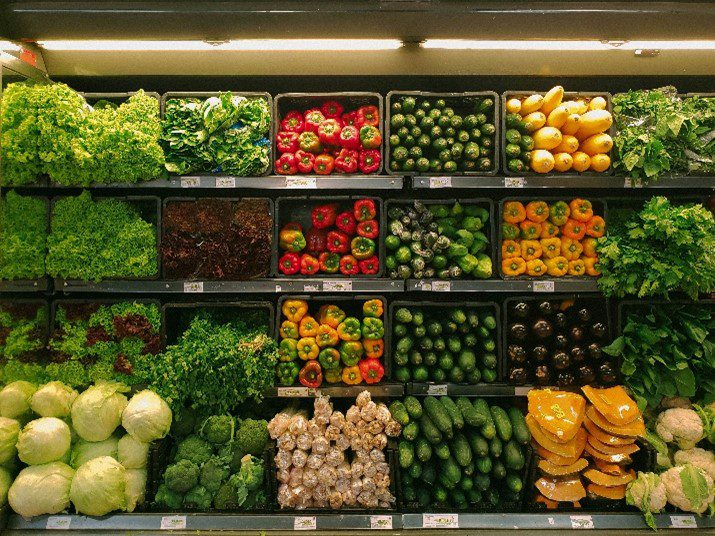Weight loss success after bariatric surgery requires you to commit to healthy lifestyle changes. However, nutritious food can be more expensive than unhealthy diet choices. If you’re shopping on a budget, you can use the tips below to help you make healthy purchases without spending too much.
Lifestyle Habits After Bariatric Surgery
Your shopping and lifestyle habits have a direct effect on your grocery bill. Here are several lifestyle changes you can implement to lower your grocery costs.
- Plan your meals. If you don’t have a meal plan before you shop, you’re likely to buy things you can’t use before they go bad. Plan your meals for the week and make your grocery list based on what you need.
- Shop your pantry. When planning your meals, check to see what you already have. Focus on the foods that have the soonest expiration date to prevent wasting food and money.
- Meal prep. Early in your weight loss journey, you may feel overwhelmed by preparing unfamiliar meals. It’s easier to rely on ready-to-eat meals, but that convenience comes at a cost. When you prep your meals in advance, you also have control over the portion sizes. Prepping your meals also removes the temptation to eat junk when you’re hungry, as you’ll have a healthy option ready to go.
- Don’t shop on an empty stomach. You’re much more likely to make impulse purchases if you shop while you’re hungry. Have a nutritious snack before you go or make your grocery trips after eating a healthy meal.
- Pack your lunch. Going out for lunch is much more costly than bringing one from home. It’s also much easier to control your portion sizes and the nutritional value of a homemade meal.
Shopping Tips After Bariatric Surgery
Navigating the produce section and health food aisles may be confusing at first. Use the following tips to help lower your grocery costs:
- Look for seasonal produce. Produce that’s in season is usually less expensive than out-of-season produce. Produce also tastes better and has the most nutrients when it’s in season.
- Shop generic or store-brand. Many grocery stores offer their brand or generic options for less than well-known brands. These less-expensive options are often just as flavorful and nutritious as name brands. However, be sure to compare the labels. Other brands may contain unexpected additives or allergens.
- Incorporate non-meat proteins. Meats often account for the most expensive items on your grocery bill. However, adequate protein is critical for bariatric patients. You can add non-meat proteins to your meal rotation, such as eggs, beans, and canned fish. These foods can provide the protein you need at a budget-friendly price.
- Buy frozen fruits and veggies. Frozen produce allows you to shop your favorite seasonal fruits and veggies without paying a premium for them. Frozen produce also keeps for longer, which prevents wasted food.
- Compare sales. If you have multiple grocery stores to choose from, check out their sales first. You may be able to stock up on some of your favorite foods or use coupons to reduce your bill.
Eating healthy doesn’t have to bankrupt you. By using the above tips, you can eat healthy foods while staying on budget. A nutritious diet also expedites weight loss and improves your overall health. Contact us to learn more about the health benefits of weight loss surgery.





